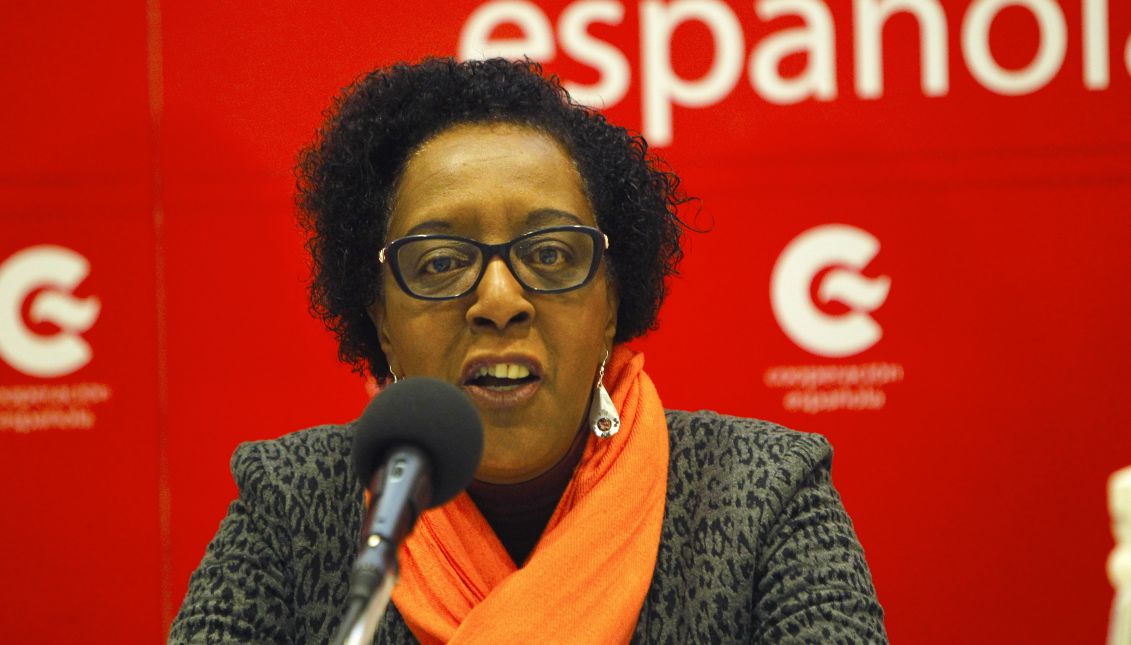
Black Women from Latin America Get Ready to Face Challenges Ahead
The Network of Afro-Latin American, Afro-Caribbean and Diaspora Women (RMAAD) celebrated its 25th anniversary on Tuesday in Montevideo with conferences covering the group's achievements and the challenges ahead.
"Today is a special day because 25 years ago in the Dominican Republic, nearly 250 women gathered for the first gathering of black women from Latin America and the Caribbean," RMAAD Southern Cone coordinator Vicenta Camusso told EFE.
The conference is a time for reflection and celebration, Camusso said, adding that the organization recognized achievements "that have not been easy to reach" and was focused on lingering inequality and other challenges.
"We have come a long way with regional and international agreements, such as inter-American conventions, conventions against racism and all forms of discrimination, and all of them have been incorporating the elements of gender, ethnicity and race," Camusso said.
The main task ahead for Afro-descendants is to "make definitive progress to close the economic gap since, in Latin America and the Caribbean, poverty has a face and a color," Camusso said.
CONTENIDO RELACIONADO
"In terms of cultural, social and economic rights, a wide gap persists as a challenge, and there is much work to do," the RMAAD representative said. "Twenty-five years is a long time, but we have yet another 25 years of effort."
In a statement, RMAAD said it was created as a "political tool for reflection, exchanges, denunciation and proposals" to advance the development of black women.
"It is important to organize ourselves by regions so that geographic proximity allows us to identify common problems and complementary solutions, to implement common actions, exchanges and cooperation," the organization said.
Black activists from Argentina, Brazil, Chile, Paraguay, Peru and Uruguay are participating in the 2nd RMAAD Southern Cone assembly.










DEJE UN COMENTARIO:
¡Únete a la discusión! Deja un comentario.